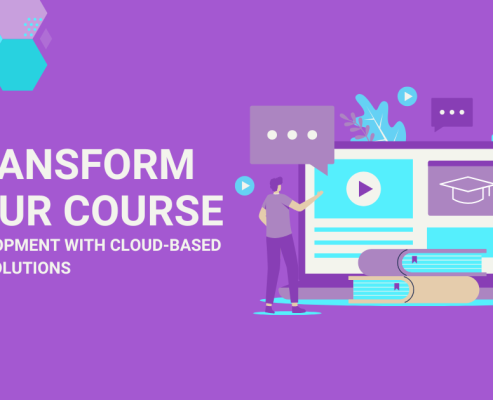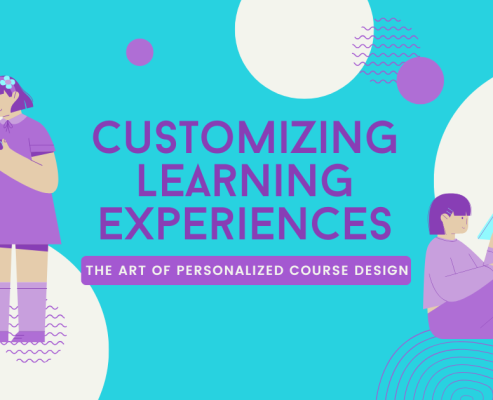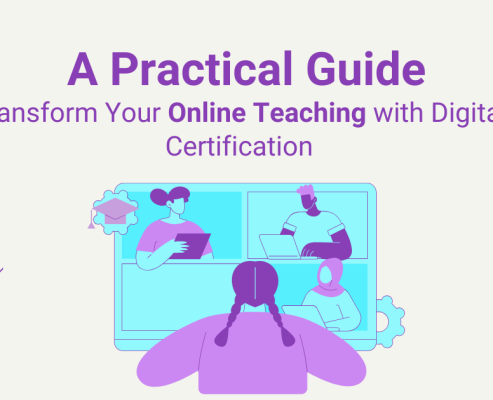In today’s digital age, online courses have become an essential tool for education and professional development. Creating an effective online course, however, requires more than just expertise in the subject matter. It demands a strategic approach to optimize both the creation process and the learning experience. Here, we delve into proven strategies and insights to help you create an engaging and successful online course.
Understand Your Audience
The first step in optimizing your online course creation is understanding your target audience. Identify who your learners are, their educational background, learning preferences, and what they aim to achieve from your course. This information will help you tailor your content to meet their needs and expectations, ensuring a more personalized and impactful learning experience.
Define Clear Learning Objectives
Clear and concise learning objectives are crucial for guiding both the course creation process and the learners’ journey. Objectives should be specific, measurable, achievable, relevant, and time-bound (SMART). These goals will not only keep your course focused but also provide learners with a clear understanding of what they will achieve by the end of the course.
Structure Your Content Effectively
An organized and logical structure is essential for an effective online course. Break down your content into modules or units, each focusing on a specific topic. Use a mix of text, videos, quizzes, and interactive elements to cater to different learning styles. Ensure that each module builds on the previous one, gradually increasing in complexity to keep learners engaged and motivated.
Engage with Multimedia
Incorporating multimedia elements such as videos, audio clips, animations, and interactive simulations can significantly enhance the learning experience. Multimedia not only makes the content more engaging but also helps in better retention of information. Ensure that your multimedia elements are high quality and relevant to the course content.
Foster Interaction and Engagement
Interaction is key to keeping learners engaged and motivated. Include discussion forums, live Q&A sessions, and group projects to encourage collaboration and communication among learners. Interactive elements such as quizzes, polls, and assignments can also help reinforce learning and provide immediate feedback.
Leverage Technology and Tools
Utilize the latest technology and tools to enhance your course delivery. Learning management systems (LMS) like Moodle, Canvas, or Teachable offer various features to streamline course creation and management. These platforms provide tools for content delivery, assessment, tracking progress, and communicating with learners, making the entire process more efficient.
Provide Continuous Support and Feedback
Continuous support and timely feedback are crucial for the success of any online course. Be available to answer questions, clarify doubts, and provide guidance throughout the course. Regular feedback on assignments and assessments helps learners understand their progress and areas of improvement, fostering a supportive learning environment.
Update and Improve Regularly
Online courses should not be static. Regularly update your content to reflect the latest information and trends in your field. Collect feedback from learners to identify areas for improvement and make necessary adjustments. Continuous improvement ensures that your course remains relevant, up-to-date, and effective.
Market Your Course Effectively
Finally, an optimized online course creation process involves effective marketing. Utilize SEO strategies to ensure your course reaches the right audience. Create engaging course descriptions, use relevant keywords, and leverage social media platforms to promote your course. Building a strong online presence will help attract more learners and establish your authority in the field.
Conclusion
Optimizing online course creation requires a strategic approach that combines understanding your audience, clear objectives, effective content structure, engaging multimedia, interaction, technology, support, continuous improvement, and effective marketing. By following these proven strategies and insights, you can create an online course that not only imparts knowledge but also provides a memorable and impactful learning experience.





